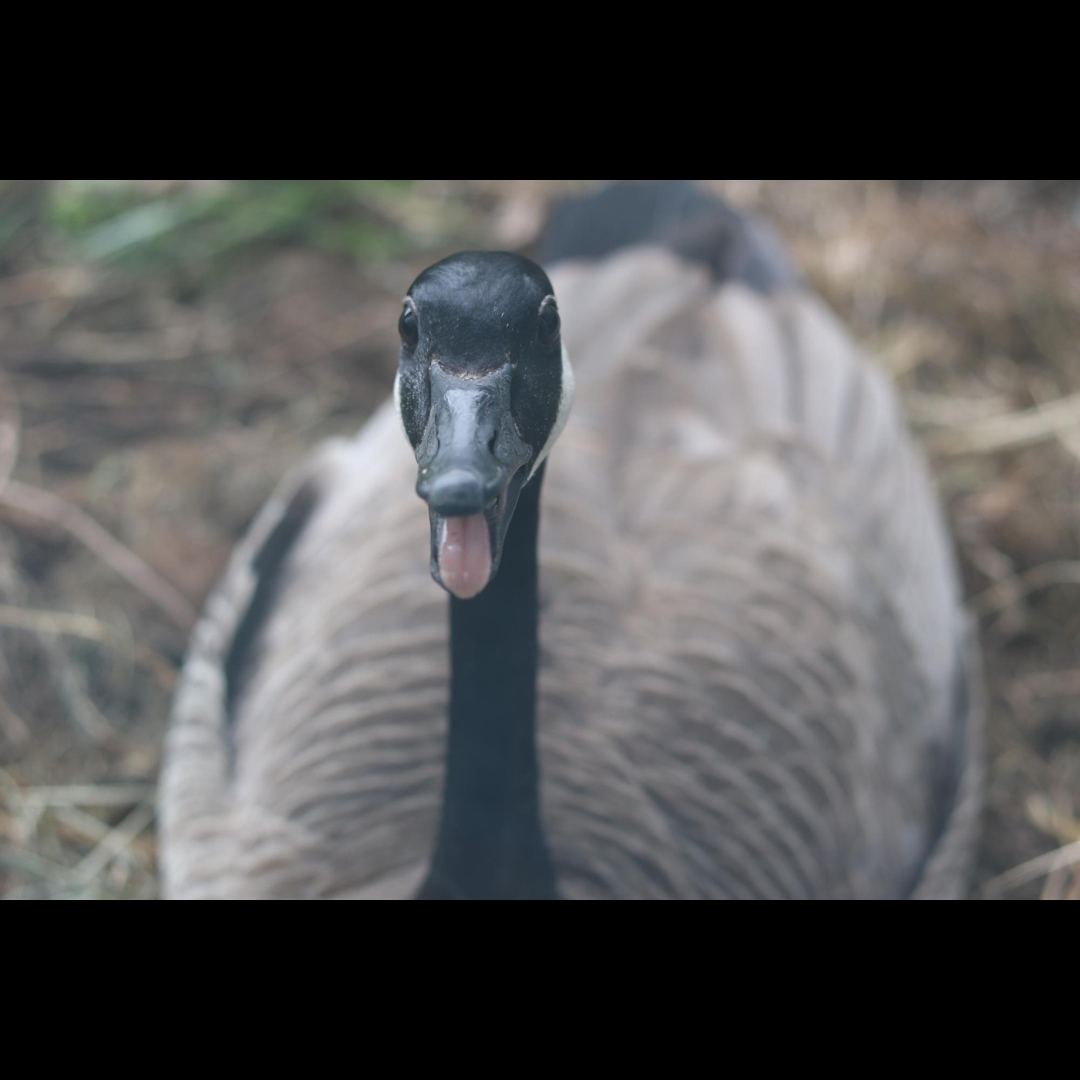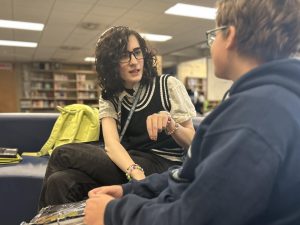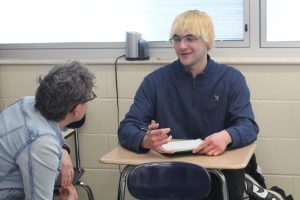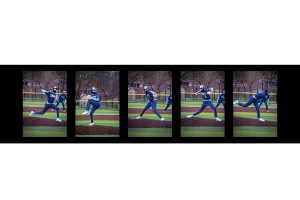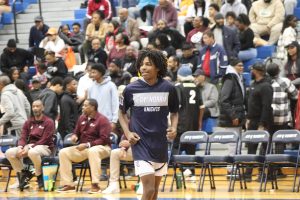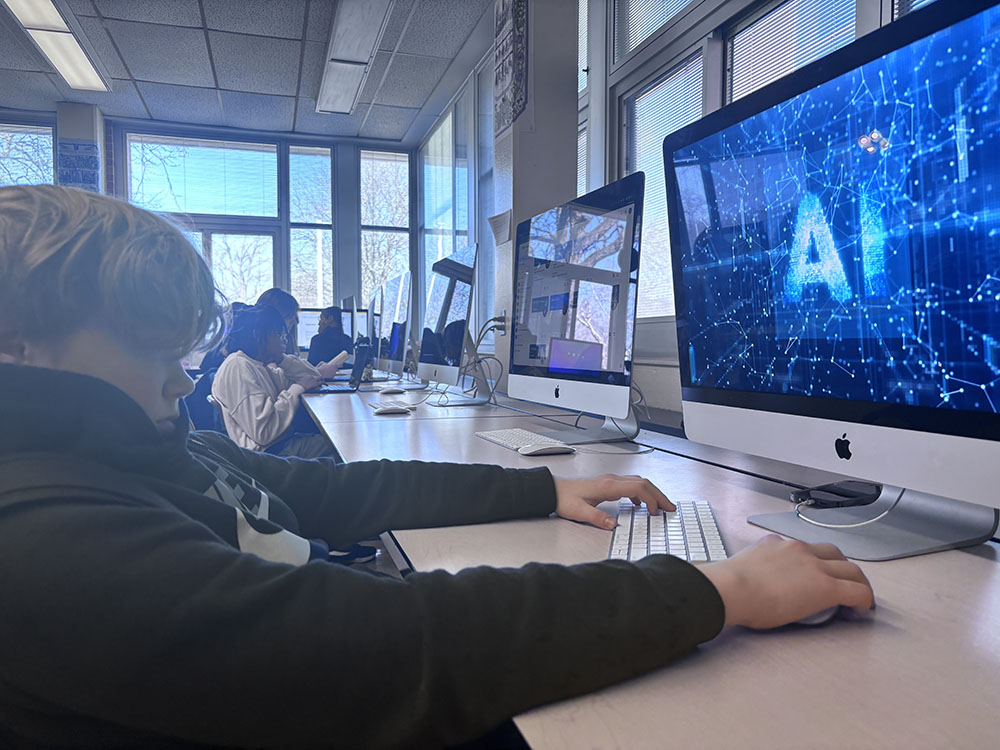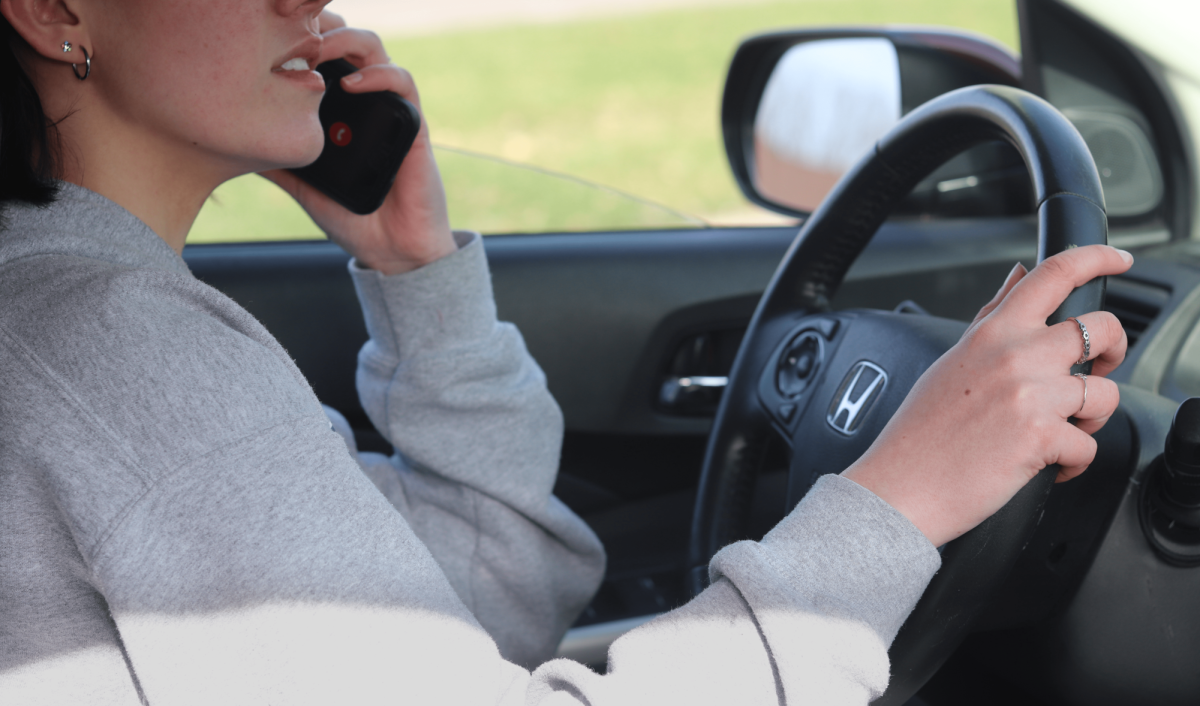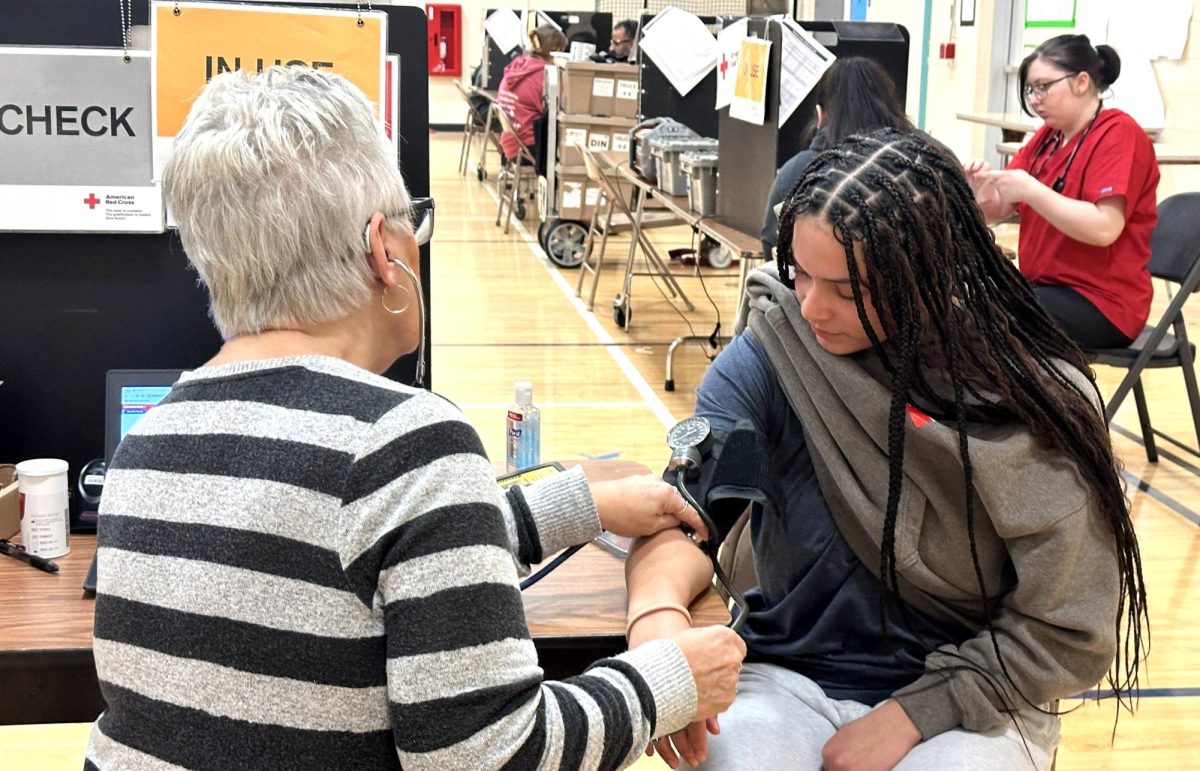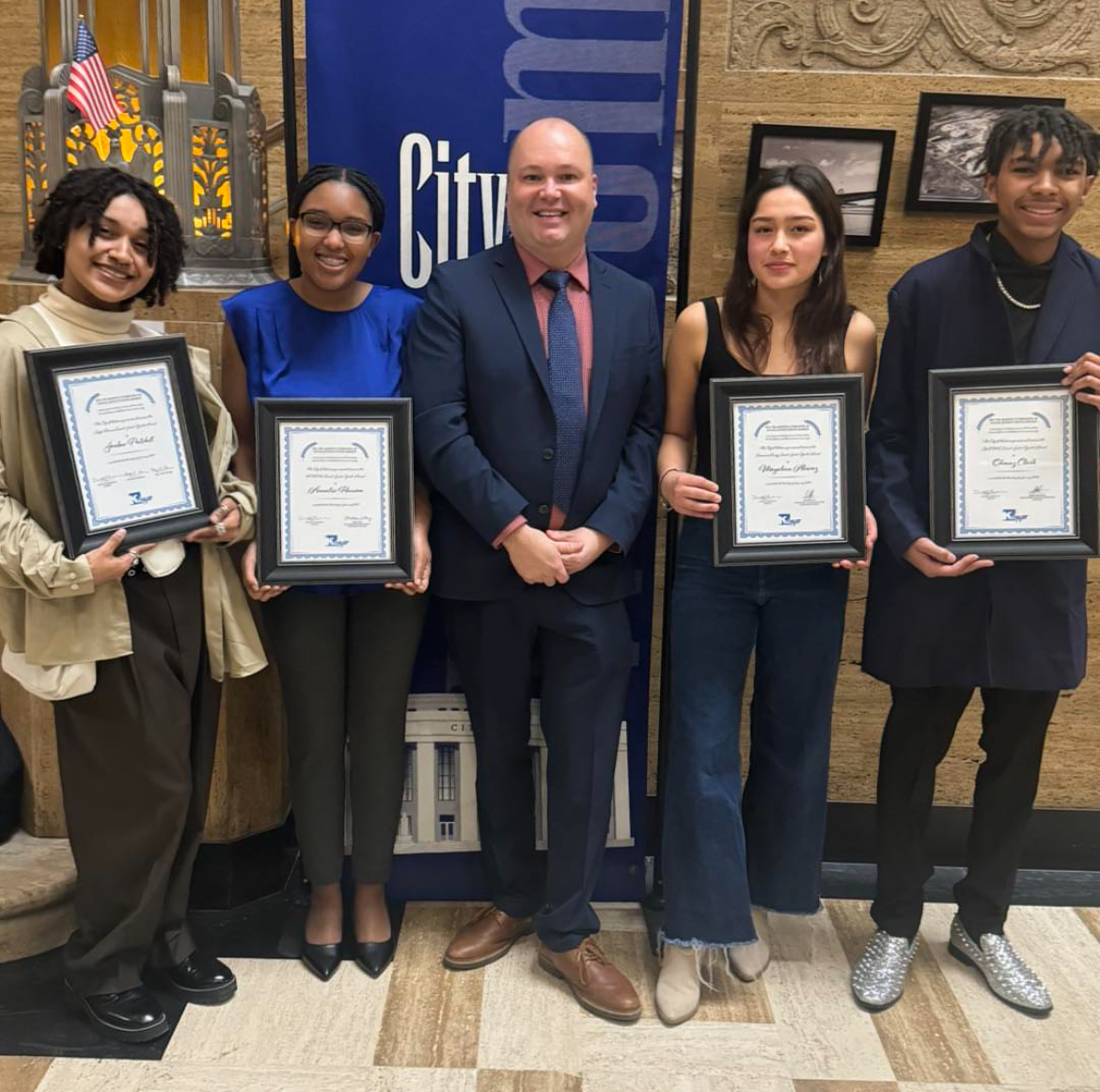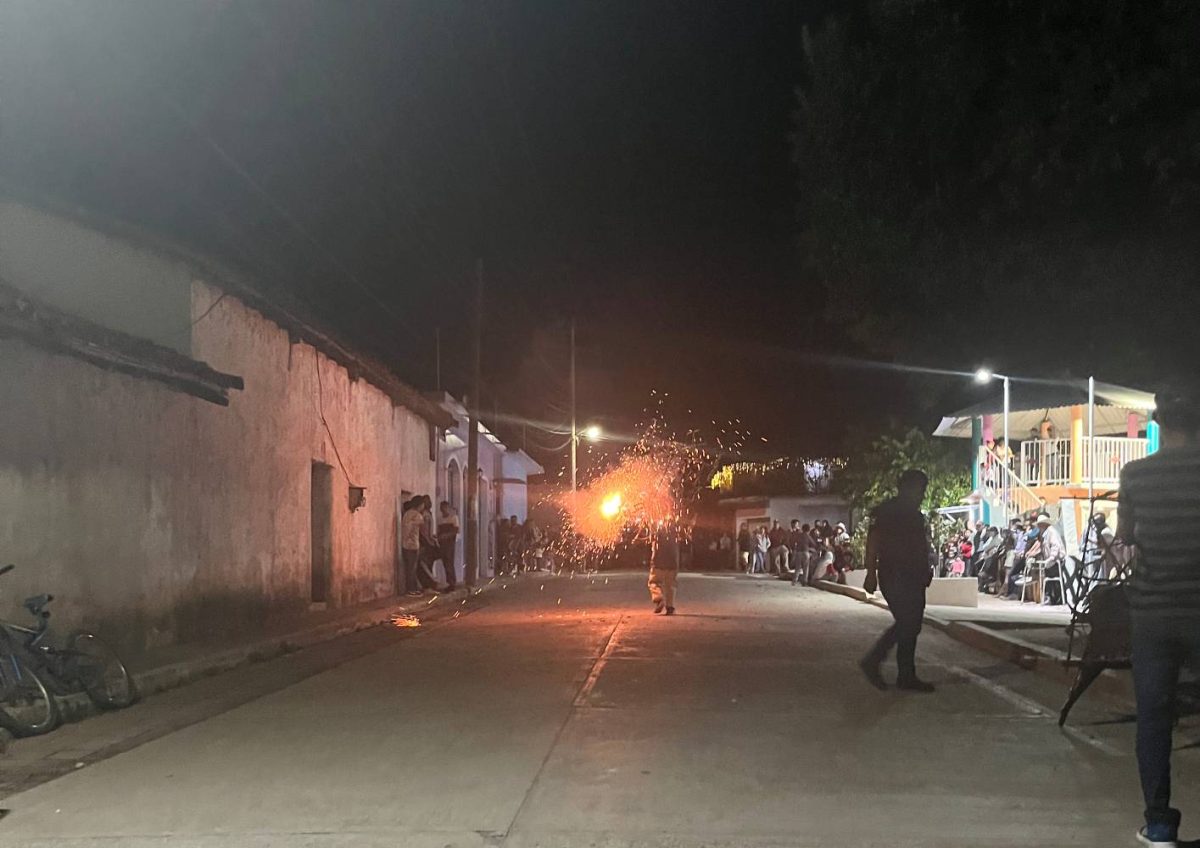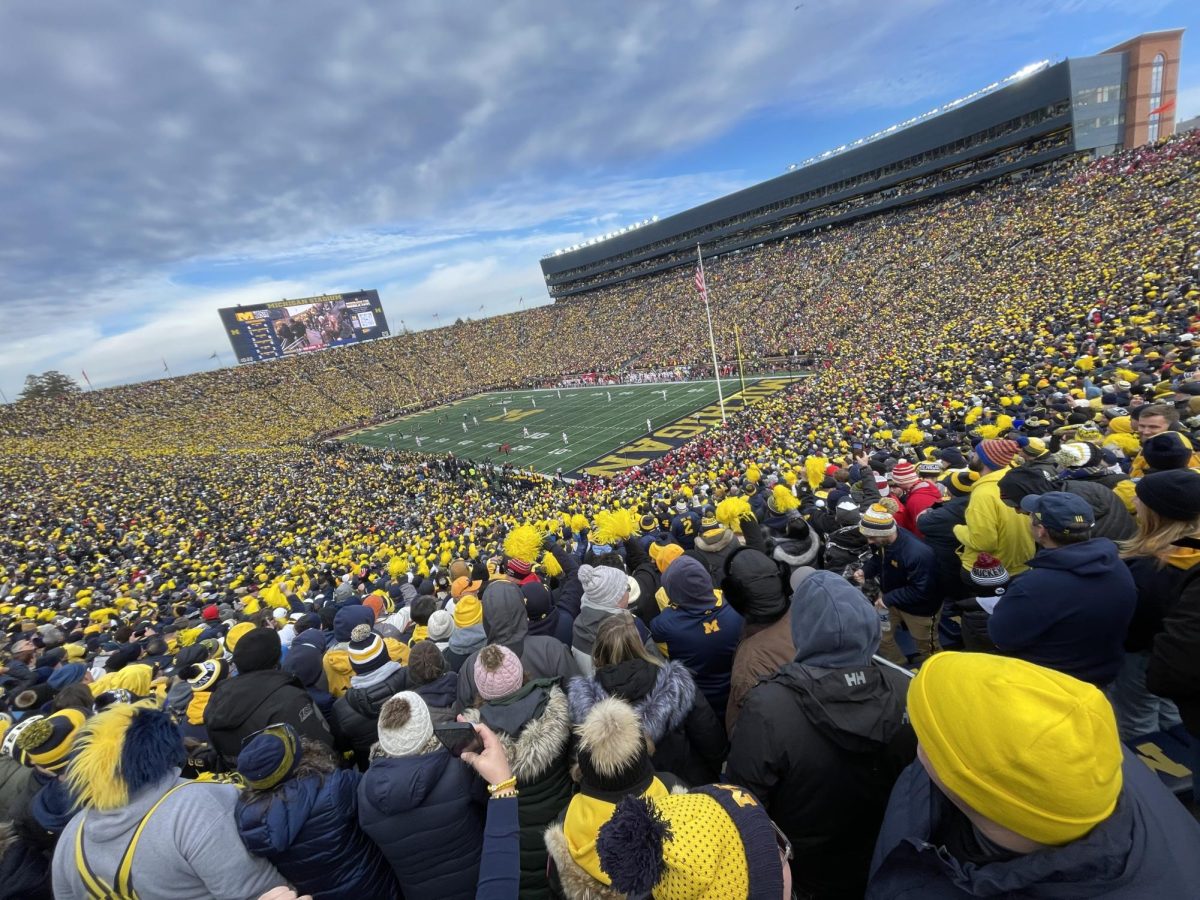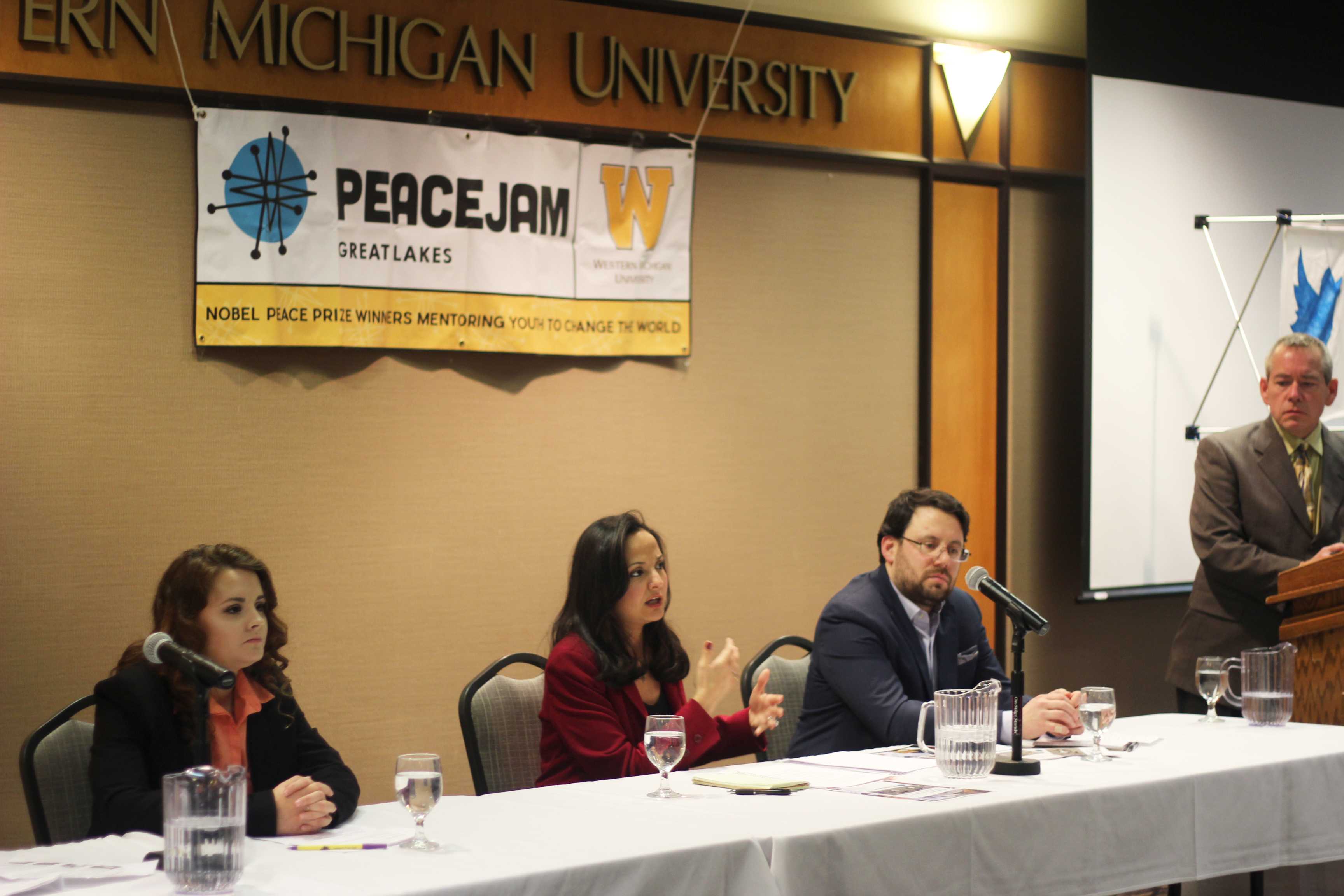
In an increasingly complicated age of mass media, it has become of paramount importance to separate real news from fake news. ‘Fake news’ is biased or untrue information presented as facts. The trend of labeling some news sources as ‘fake news’ has destroyed the credibility of perfectly honest news stations and threatens to destabilize the entirety of the free press. Placing these labels starts us down the slippery slope of censorship, eventually ending with a completely state-run media.
President Trump labeling CNN as ‘fake news,’ and refusing to answer question from them show us that this process has already begun.
The concerns over ‘fake news’ is what brought four experts together to answer questions from the Kalamazoo community. The Q&A met in the Bernhard Center on Nov. 11, 2017, quickly gave opening statements, then opened the panel to questions. The experts, Rawya Rageh, Ben Lando, Sue Ellen Christian and Elissa Kedziorek, are all journalists or teachers of journalism.
Rawya Rageh, the featured speaker, is a Senior Crisis Adviser for Amnesty International. She previously worked as a journalist in the Middle East and Africa, covering events like the Iraq war and Egyptian Revolution.
Rawya Rageh began the night by stating, “There’s nothing new about fake news… these debates go back to the Romans and Pharaohs. It’s a problem in the US because of the impact it may or may not have had on the [2016] election,” referring to the allegations of the Russian government colluding with Trump to win the election.
“The number one thing we need to do is to differentiate between what fake news is and what sloppy news is,” said Rageh.
Ben Lando, founder, publisher and editor of the Iraq Oil Report and former Knight Life reporter, further explained, “The media makes mistakes, but they make corrections or retractions and they’re able to move on. Then you have intentionally sloppy journalism, using misleading quotes to push their agenda.”
Journalists often struggle with reporting the truth because of implicit bias, the different views and opinions they have that effects their coverage on a topic.
“It takes a lot of awareness and training to realize that we all look at the world in a certain way,” said Sue Ellen Christian, Professor of Communication at Western Michigan University and Loy Norrix alumni.
The importance of this distinction cannot be overstated. Censoring all media based on the the mistakes a few sloppy journalists cannot be accepted.
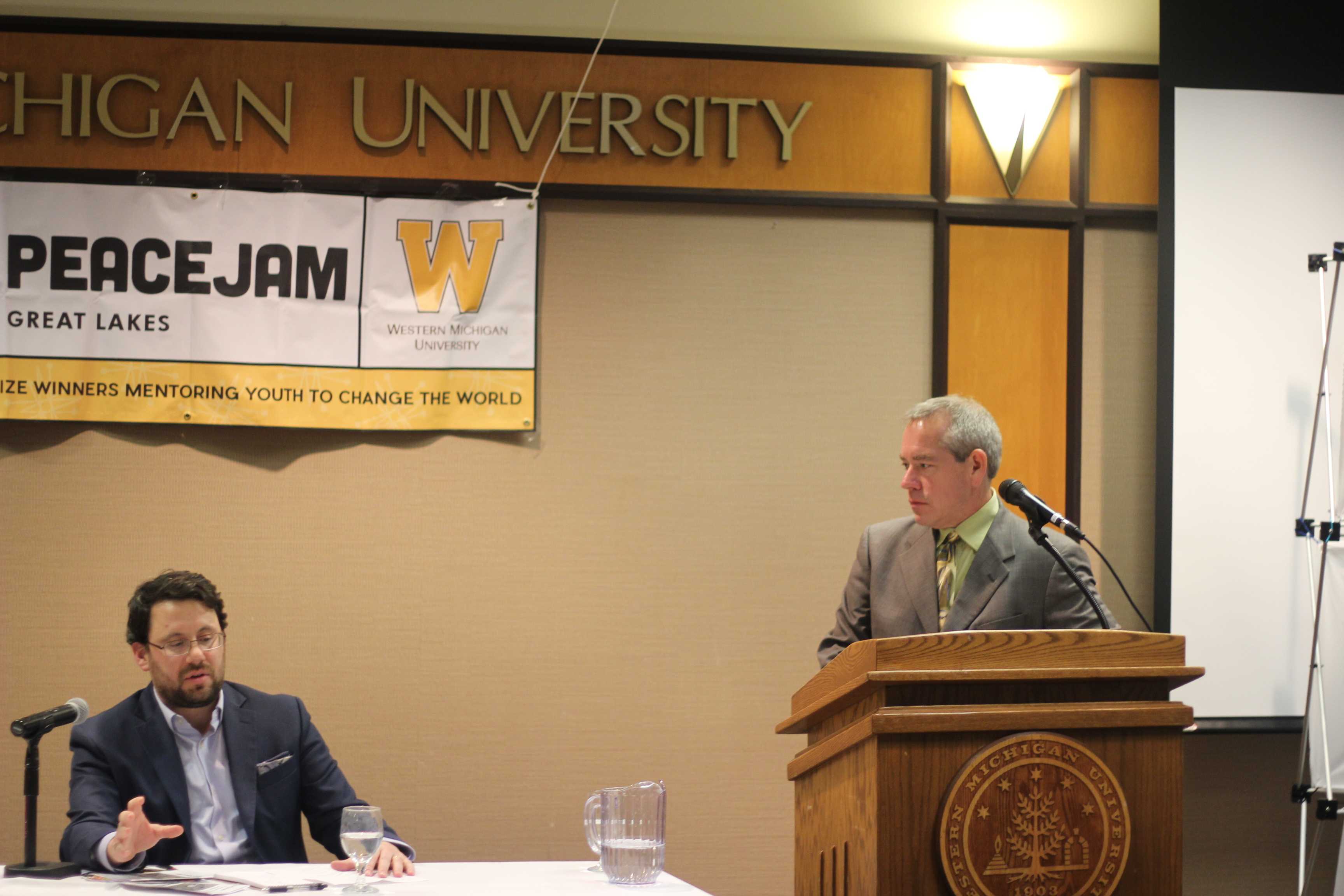
It’s not just America that’s affected by ‘fake news.’ The US allowing this misuse of media could begin a domino effect would change how the whole world sees media.
“Even though I’m not [born an] American, I know that we [news outside of the US] hold America to a higher standard. If they see that America lets this happen, they’re going to think it’s ok for them too,” Rageh said. Rageh was born in Cairo, Egypt, and began her journalism career as an intern for the Associated Press.
But all hope is not lost. Anyone can join the fight on fake news by taking these simple steps before reading an article: check the date, check the source, check for spelling and grammatical errors, check that the URL doesn’t end with .com.co, check for inflammatory wording and check for clickbait headlines.
If the article shows these signs of ‘fake news,’ the information could be biased or untrue, so don’t share it with anyone.
This article by The Visual Capitalists shows the most and least trusted news sources.
Subscribe to the Newsletter
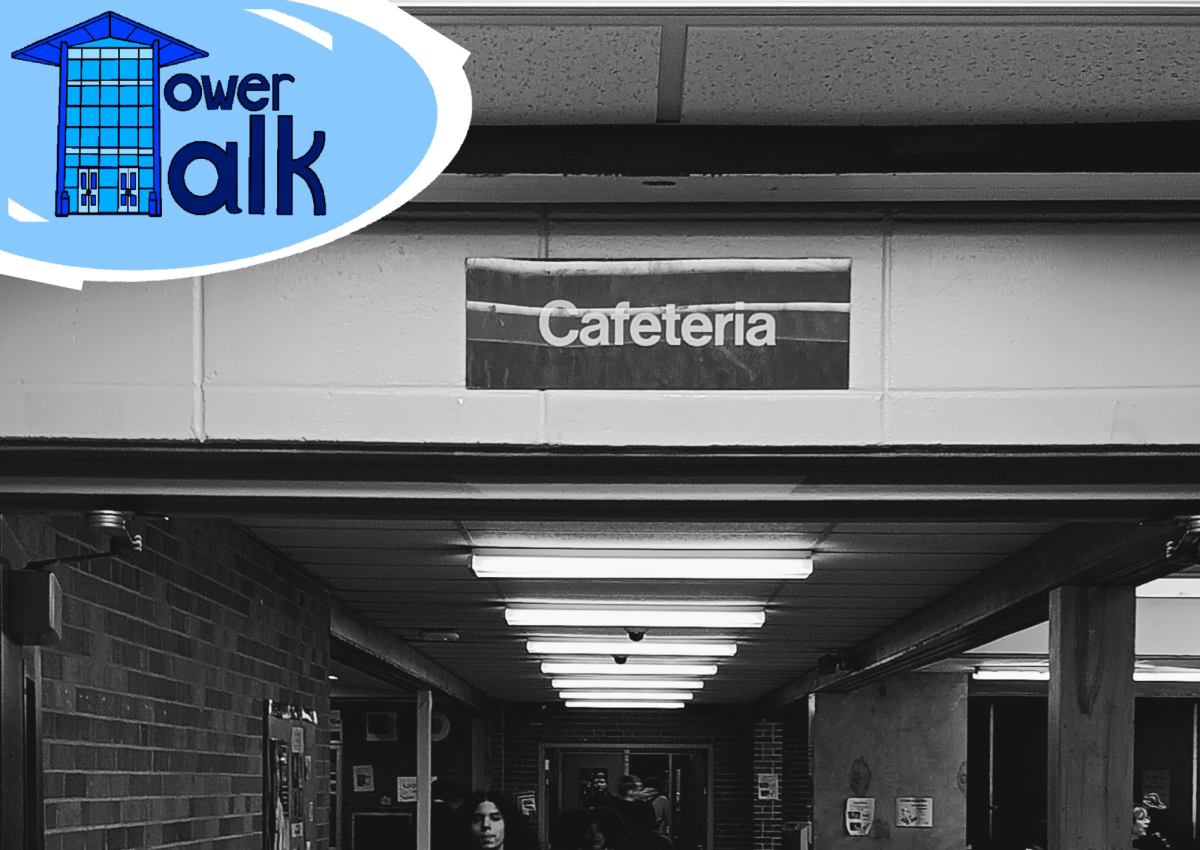
Finn Bankston, Staff Writer • April 18, 2024
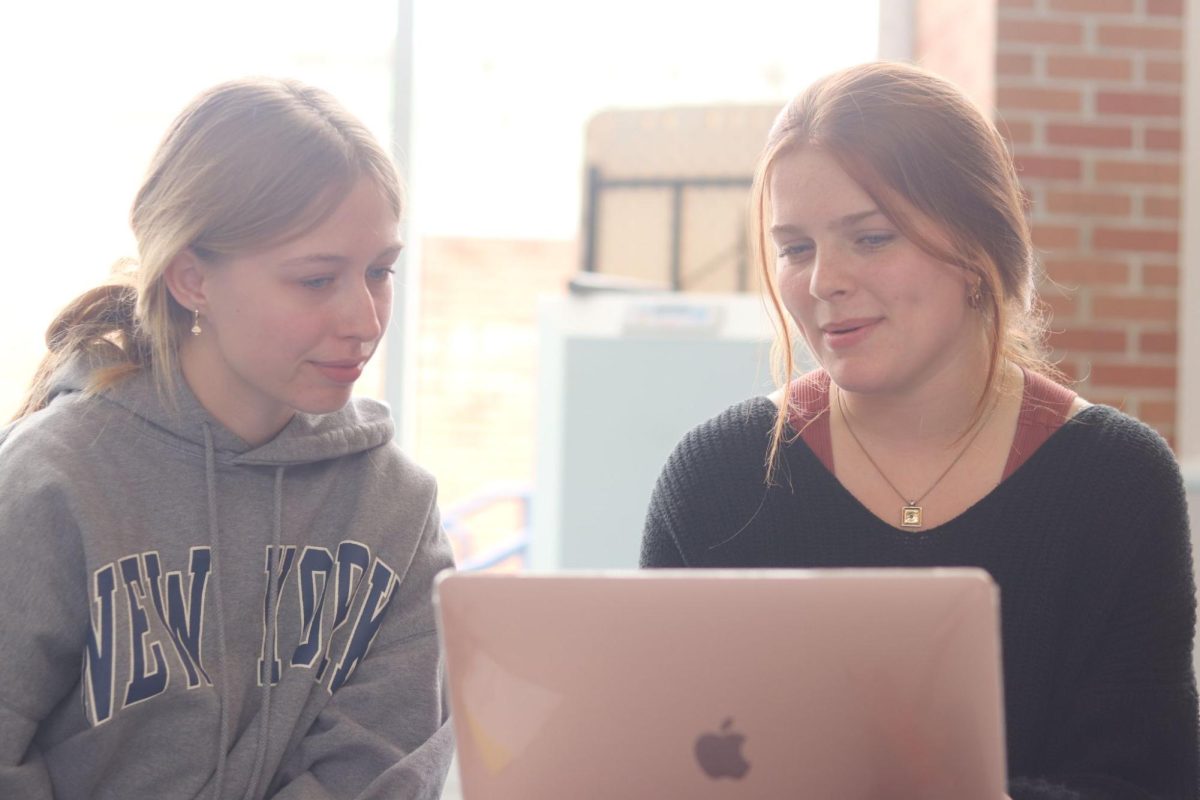
Lucy Langerveld, Staff Writer • April 16, 2024
2023 was dubbed by mainstream media as the “Year of The Girl”: the "Barbie" movie dominated movie theaters and powerhouse pop artists like...
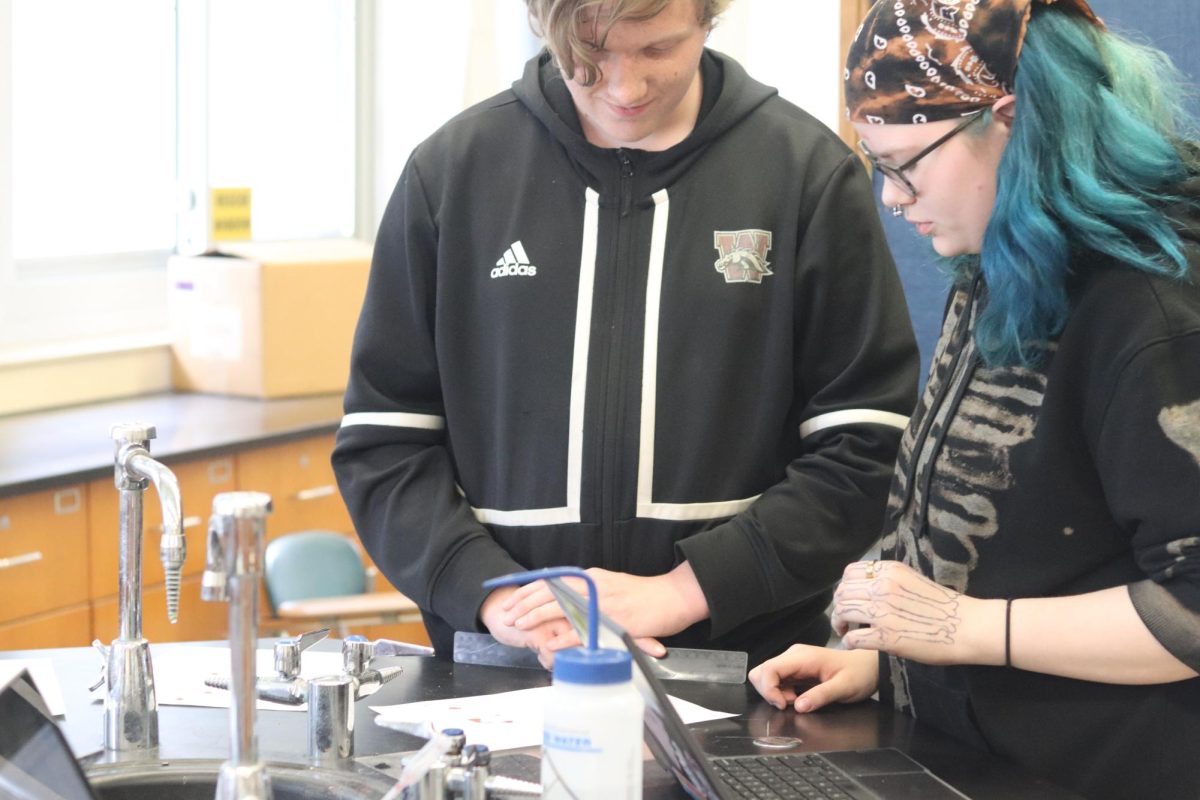
Faye Radley, Guest Writer • April 15, 2024
It was the middle a weekend afternoon and Torin Radley, a teenage artist, was excited about making a new "Dungeons and Dragons" character. Radley...
Four Experts’ Views on Fake News
December 7, 2017
Leave a Comment
More to Discover


